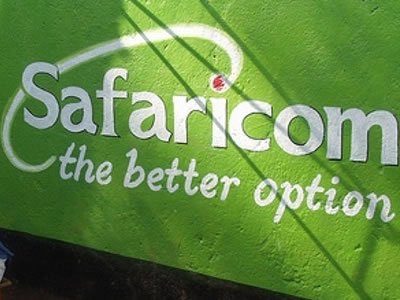The Communications Commission of Kenya (CCK) announced on Monday that it would cut mobile termination rates (MTR) in Kenya, following years of rate freezes.
Announcing the move at a press conference in Nairobi, the CCK revealed that following results of an impact report commissioned by the Commission into the economic consequences of dropping MTR costs, it had decided to proceed with the glide path modelled annual cuts to MTR rates which have been on hold for two years.
MTRs have as such been cut to 1.44 Kenyan Shillings ($0.016) from 2.21 Shillings ($0.025) – a 34 percent drop.
Controversially, the new rate is to be effective as of July of this year meaning that mobile operators will have to come up with ways to correct figures from July until the present time. Operators may have to resort to amending all invoices for the period, or equally may opt to issue credit notes to amend finances for the period.
Market dominator Safaricom and co-operator Orange have been vehemently opposing the proposed MTR cuts, which were to begin in July 2010.
According to the original plan of the CCK determination in 2010, an MTR decrease glide path was to be effected, cutting rates year on year. However, due to the wide-spread opposition from the major operators the CCK froze the 2010-2011 rate of 2.21 Shillings ($0.025) for a year until July 2012, at which point President Kibaki got involved blocking the planned cut and forcing a further freeze on the 2010 rate.
Claims also arose that slashing MTRs would negatively affect the Government’s tax revenue, and Safaricom suggested that the stock exchange in Nairobi would struggle as the market dominating operator struggled as a result of lower rates.
However, the CCK on Monday revealed that as a result of the report concluded, a lowering of rates is economically safe and desirable in order to promote competition.








